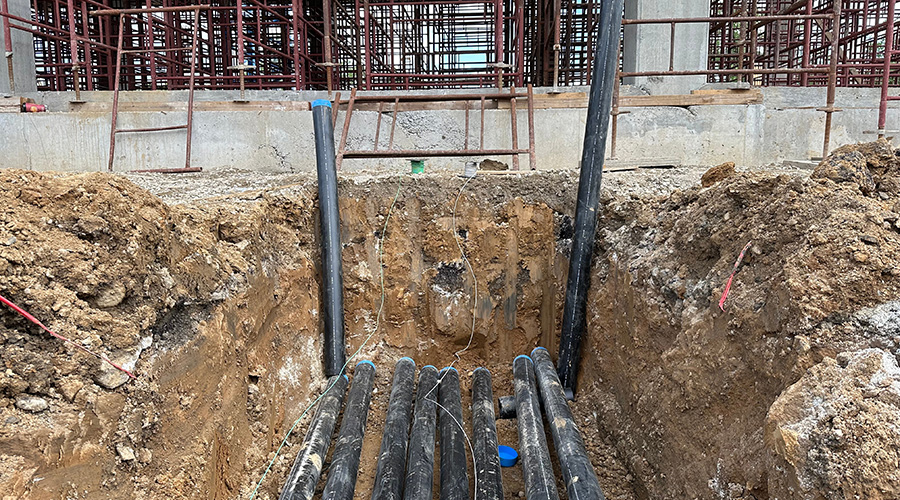« Back to Facilities Management News Home
« Energy Efficiency
Better Buildings Partners Save $1.9 Billion
The U.S. Department of Energy (DOE) announced the energy-efficiency progress made by the 345 leading public and private sector organizations in the Better Buildings Challenge. These efforts have led to a combined 240 trillion Btus and an estimated $1.9 billion in cumulative energy and cost savings. These results are summarized in the 2017 Better Buildings Progress Report released today that highlights accomplishments across the broader Better Buildings Initiative. The goal of this initiative is to make commercial, public, industrial, and residential buildings 20 percent more energy efficient over the next decade by focusing on overcoming market barriers and sharing partner-created solutions.
“Through the Better Buildings Initiative, hundreds of leaders from the public and private sectors are demonstrating innovative approaches and deepening American investments in critical building infrastructure,” said U.S. Secretary of Energy Rick Perry. “By planning ahead and investing in cost-effective energy efficiency strategies, partners are bringing better buildings to our communities and improving the everyday places Americans live and work, while creating new and lasting jobs.”
The more than 345 organizations from diverse sectors that have stepped up to the Challenge committed to improve the energy intensity across their entire building portfolio by at least 20 percent within a decade. These organizations represent more than 4.4 billion square feet of building space, include more than 1,000 industrial facilities, and have committed $7 billion in financing. Partners have shared energy performance results for nearly 38,000 properties. On average, partners are improving by more than 2 percent per year, and are staying on track to meet their energy-savings goals of 20 percent over the next 10 years.
This year, 18 Better Buildings Challenge partners and allies met their energy, water, or financing goals. Since the start of the program, 40 Challenge partners have met their energy goals, six have met their water goals, and 12 financial allies placed sufficient investments to meet their financing goals. This year’s 14 energy and water goal achievers are:
- Celanese International Corporation
- Chesapeake College
- CKE Restaurants Holdings, INC.
- Deustche Asset Management
- Digital Reality Trust
- General Motors (Water)
- Jewish Community Housing for the Elderly
- Johnson Controls
- Macy's
- Schneider Electric
- Shorenstein Properties LLC
- Staples (Water)
- The Tower Companies
- Towson University
The four financial allies that have also met their goals this year are:
- Biostar Renewables
- CleanFund LLC
- LISC
- Renew Financial
More than 35 partners and financial allies joined the Better Buildings Challenge over the last year, committing 200 million square feet of building space, nearly 40 plants, and $650 million for efficiency projects. These partners are contributing to the more than 1,000 proven solutions now available online in the Better Buildings Solution Center. When partners share their energy and water savings strategies and results, they demonstrate their collective leadership by making it easier for others to replicate their success. See the full list of new partners here.
Through Better Buildings, DOE aims to make commercial, public, industrial, and residential buildings 20 percent more energy efficient over the next decade. This means saving billions of dollars on energy bills, reducing emissions, and creating thousands of jobs. Better Buildings partners represent public and private sector organizations across the country, and are working together and with DOE to share and replicate positive gains in energy efficiency. The Energy Department is currently pursuing strategies within four interrelated key areas. Read about how partners are increasingly working to catalyze change and investment in energy efficiency, and their proven solutions, in the Better Buildings Solution Center.
More From 5/22/2017 on FacilitiesNet







